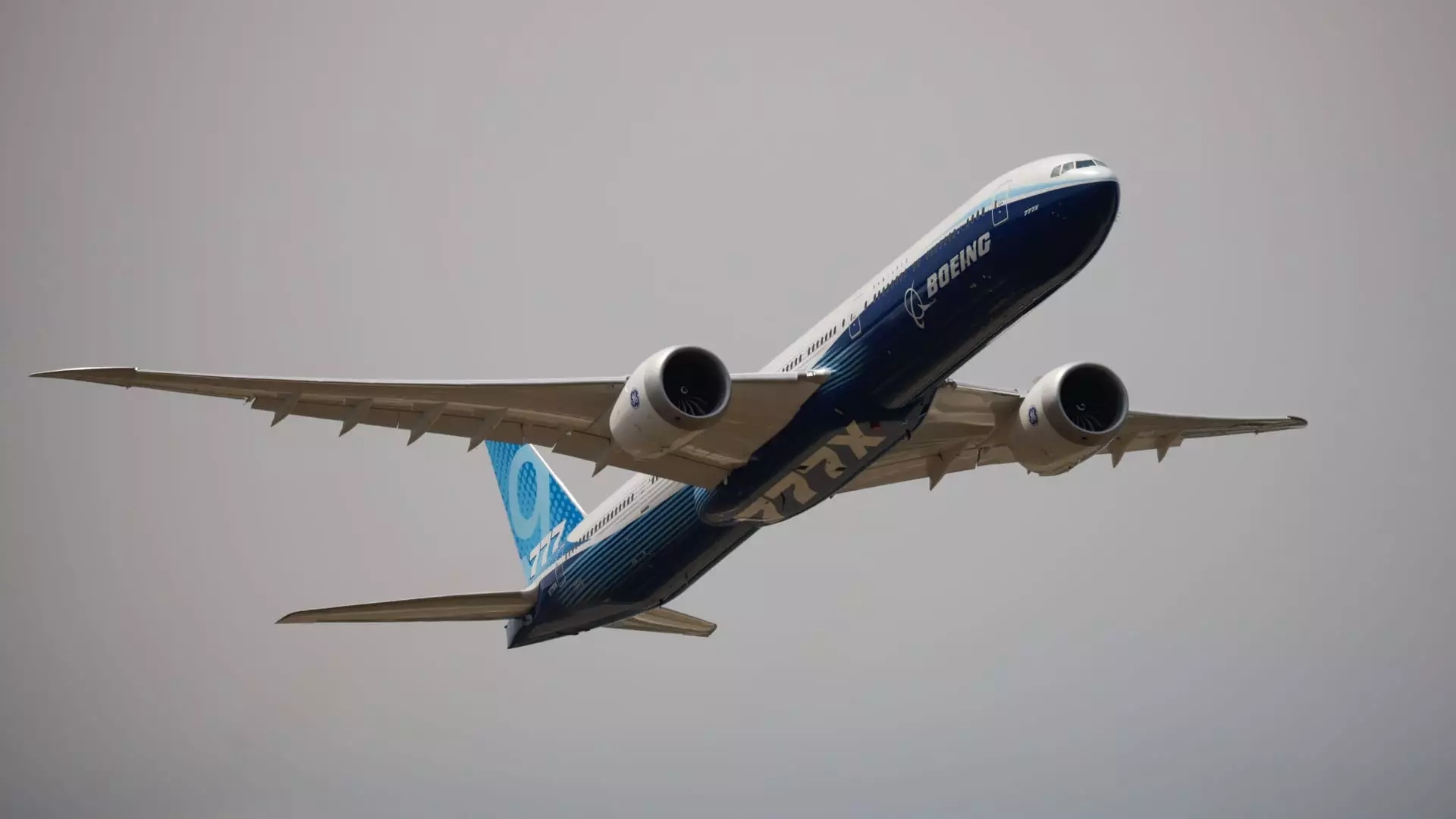Boeing recently announced that it has temporarily stopped flight tests of its 777X aircraft after identifying structural damage within one of the wide-body planes. The company detected damage to a custom component located between the engine and the airplane structure during routine maintenance checks. Consequently, Boeing has grounded the other three 777-9 airplanes in its testing fleet as a precautionary measure.
In response to the discovery, Boeing’s team is currently working on replacing the damaged part and gathering insights from the incident to prevent similar issues in the future. The company stated that it will resume flight testing once the necessary repairs have been completed. Boeing has also notified both the Federal Aviation Administration (FAA) and its customers, who have collectively ordered 481 units of the 777X.
The pause in flight tests has raised concerns about the potential impact on the certification and delivery timeline of the 777X aircraft. Initially scheduled for delivery in 2025, the wide-body jetliners are now facing a potential delay of up to five years due to the recent setback. This development comes at a crucial time for Boeing, as it strives to recover from the safety crisis that has plagued the company since the beginning of the year.
The grounding of the 777X aircraft coincides with Boeing’s efforts to navigate through a series of challenges, including leadership transitions and safety issues. The company’s new CEO, Kelly Ortberg, has been instrumental in driving Boeing forward as it seeks to regain the trust of regulators, customers, and the public. Despite the setback in flight testing, Boeing remains committed to addressing the issues and delivering a safe and reliable product to its customers.
Boeing’s decision to halt 777X flight tests underscores the complex nature of aircraft development and testing. While setbacks are not uncommon in the aviation industry, it is crucial for manufacturers like Boeing to prioritize safety and transparency throughout the testing process. By addressing the structural damage promptly and implementing corrective measures, Boeing aims to demonstrate its commitment to upholding the highest standards of safety and reliability in aviation.

